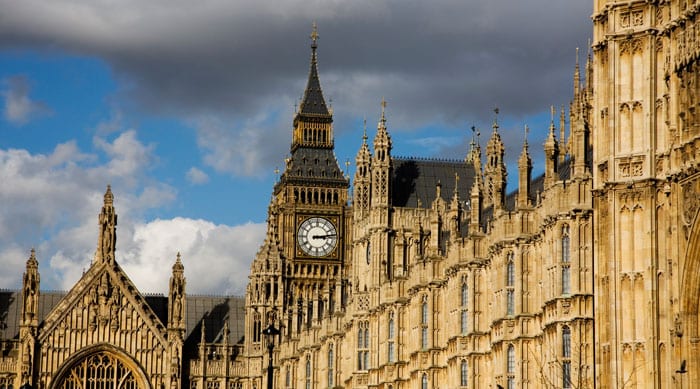Our future in Europe
Energy network leaders favour a “remain” vote in the upcoming referendum, according to views expressed at a recent industry debate.
16th June 2016 by Networks

KEY POINTS
EU referendum
- Nobody knows what “out” looks like, and a “remain” vote was broadly favoured. In the event of a “leave” vote, attendees found that Swiss and Norwegian models for interacting with the EU from outside have merit
- Brexit would hit the sector’s ability to innovate, potentially stymieing inward investment from key technology suppliers and preventing access to important EU R&D funds
- Leaving the EU would make meeting the elements of the energy trilemma harder
A closer relationship with Europe is essential
- The UK could be a driving force behind European energy policy and regulation, but this must be acknowledged as an opportunity by policymakers in Westminster – currently it is not
- Britain can lead technical standards development to ensure unintended consequences are avoided and potential export opportunities are maximised – but this requires, time, commitment and expertise that companies can ill-afford
- Closer involvement in the development of technical standards gives UK innovators “first mover” advantage in the development of new products and services
Ever closer union in Europe may be anathema to Eurosceptics, but at a recent round-table debate hosted by the Energy Networks Association in the House of Commons, energy industry leaders were more positive.
In the light of the imminent UK referendum on EU membership, they said that, broadly speaking, they were keen to create tighter ties with Europe in future, rather them seeing them cut.
Their enthusiasm for close links with the Continent was based on a range of arguments, not least the need to be closely involved in the development of technical standards for products that are, or will be, integral to the safe and effective operation of their networks. Britain cannot forge ahead in isolation with its own standards, they said, without also making it difficult for UK innovators to trade internationally, and conversely for UK networks to use cutting-edge products manufactured overseas.
This is not to say that the group found no fault with European Union red tape. The negative impact on gas distributors of having to harmonise with the European ‘gas day’ was highlighted as one example where the imposition of European standards had cost networks dearly – one network alone estimated that the move would cost £1 million.
However, on the whole it was felt that becoming more proactively engaged in discussion about moves like this – and periodic attempts to crack down on the use of SF6 in power system equipment – is the best way to avoid unintended consequences. Isolationism was not advocated.
The belief that closer, rather than more distant, relations with the EU should define the future also extended to bigger issues such as addressing the energy trilemma and the scope for energy systems integration and multi-vector solutions. This includes the role of gas in future heat pathways, an issue on which there are widely varying views across Europe.
It was felt that it is important for Britain to take a leading role in shaping these trends, which will have a global sociopolitical and economic impact.
See Lord Bourne’s letter to Network promoting the Remain campaign here.
See Andrea Leadsom’s letter to Utility Week promoting the Leave campagn here.
Comments
Login on register to comment
Related content

Gas
Cadent backs launch of major bio-CNG HGV refuelling station
Gas network’s £250,000 infrastructure investment ensures supplies to existing connected customers have not been impacted

Gas
Editor’s blog: The biggest tests of resilience are yet to come
Network content director Jane Gray reflects on the industry's coronavirus response to date and the challenges still to come.

Gas
From the front line: Chris Garside and Andy Simcoe, Northern Gas Networks
Key workers across the power and gas networks are playing a critical role in the national response to Coronavirus. Network has committed to profiling their stories.
Related supplier content

Power
Load patterns and lockdown: how Covid-19 is impacting electricity networks
Insights into dynamics on the low voltage network as the outbreak unfolds

Heat
How E.ON. is helping the City of London become a zero emissions city
Discover Citigen. Deep in the heart of our bustling capital

Power
The Innovation Factor: Managing the transition to smart communication technologies in the electricity distribution sector white paper
The transition from legacy communications systems to new technologies can seem daunting for organisations in the electricity sector. But with market dynamics changing rapidly